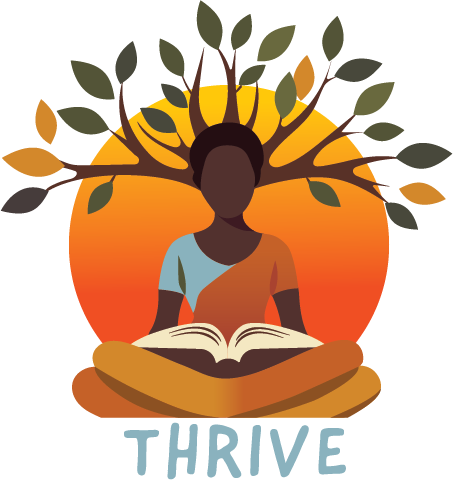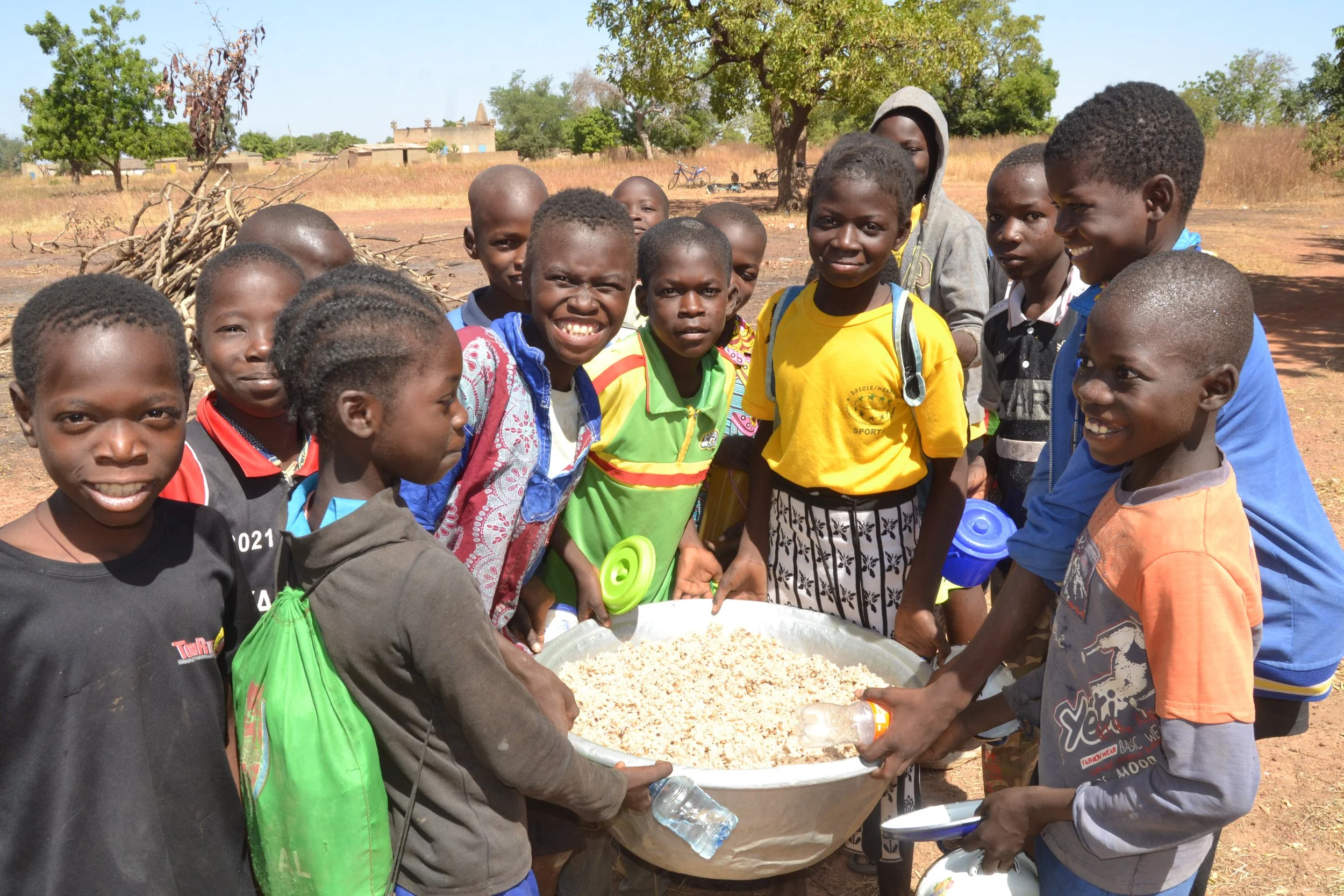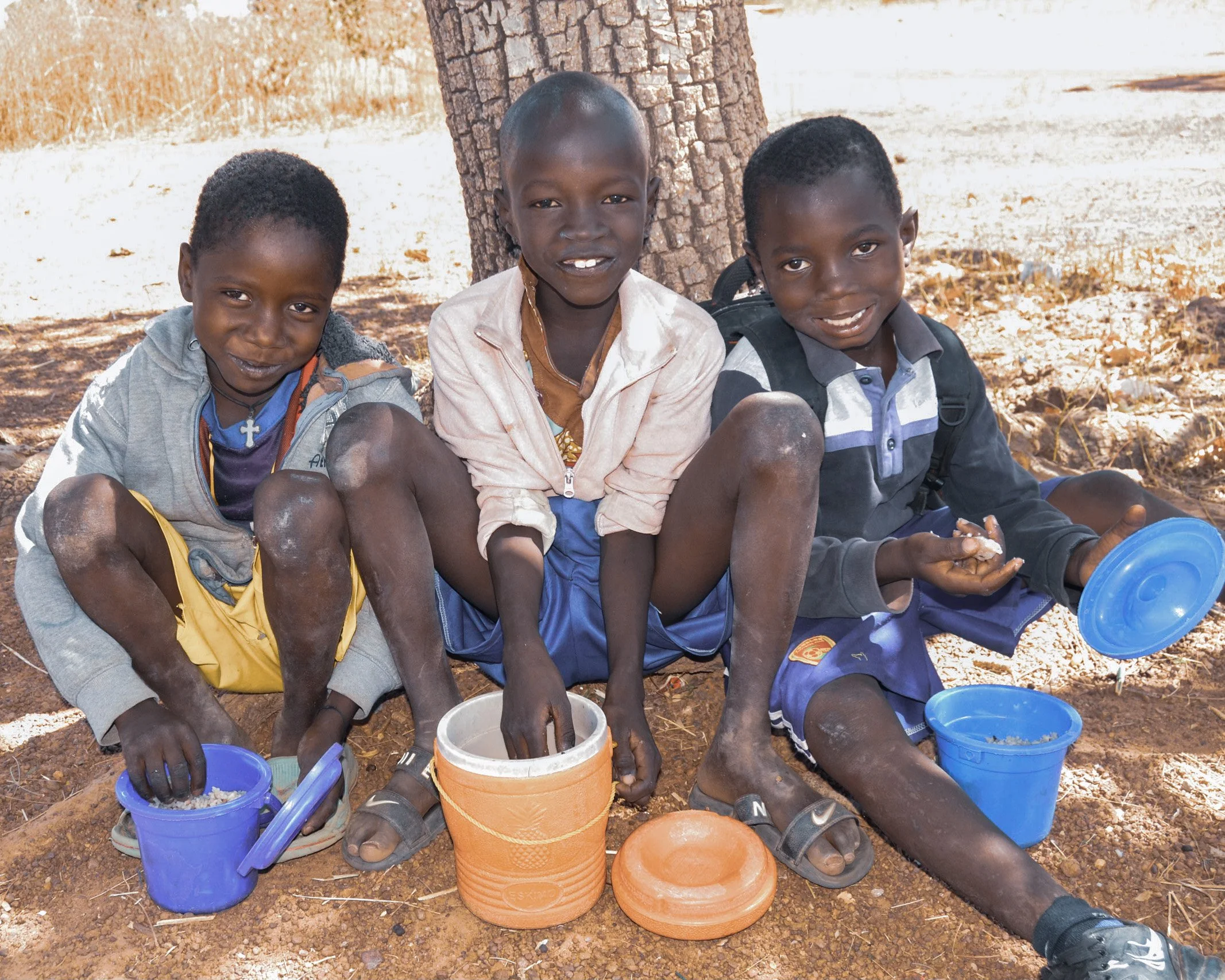Food insecurity
Eight-year-old Viviane was excited to go to school. Besides being fed intellectually, the school also provided one guaranteed meal of the day. Meals at home were getting smaller and more infrequent, and the stress was evident on her parents’ faces. For her whole short life, Viviane’s parents were able to grow enough food to feed the family and earn a little bit of money to pay for school supplies. But over the past two years, the rains didn’t come on time, and when they did, it seemed they made up for taking their time by dumping all of their water in a few short weeks. Her parents fretted that they didn’t know how to grow food in this rapidly changing climate.
More than 80% of the people in Burkina Faso, like Viviane’s family, rely on agriculture as their primary resource of income. Currently, Burkinabe is experiencing multiple crises driven by insecurity, political instability, climate change, and rising food prices, which have led to a decline in the food and nutrition security of millions of people. All around the world, food prices are skyrocketing, but this crisis is especially acute in countries like Burkina Faso, one of the poorest, low-income countries located in West Africa, with more than 40% of the population of 20.4 million living below the poverty line.
Mogtedo is a village in Burkina Faso where every household will cultivate food during the rainy season. The main crops planted are maize, sorghum, millet, bean, and peanuts. This year the village faced a severe drought, resulting in the crops being burnt from the sun's heat. Families like Viviane’s are now worrying about how they are going to manage not having enough basics to last through the coming year.
Hunger is more than just going to bed with a rumbling stomach. Research has shown that there is a significant impact on student learning when they are facing hunger. There is a lack of focus in the classroom because students don’t have the energy and nutrients to retain what they are learning in school.
Over the last two years, Thrive of Mogtedo has been able to provide lunch meals for students like Viviane two to three times a week. We have seen a growth in student performance in school since we launched the lunch program as it has enabled students to attend classes and not be hungry all day. It is our goal to provide Mogtedo’s schoolchildren with daily meals, integrate the instruction and awareness of regenerative, natural farming practices that are drought and deluge resistant into age-appropriate curricula, and serve as a model for other Burkina Faso villages.



